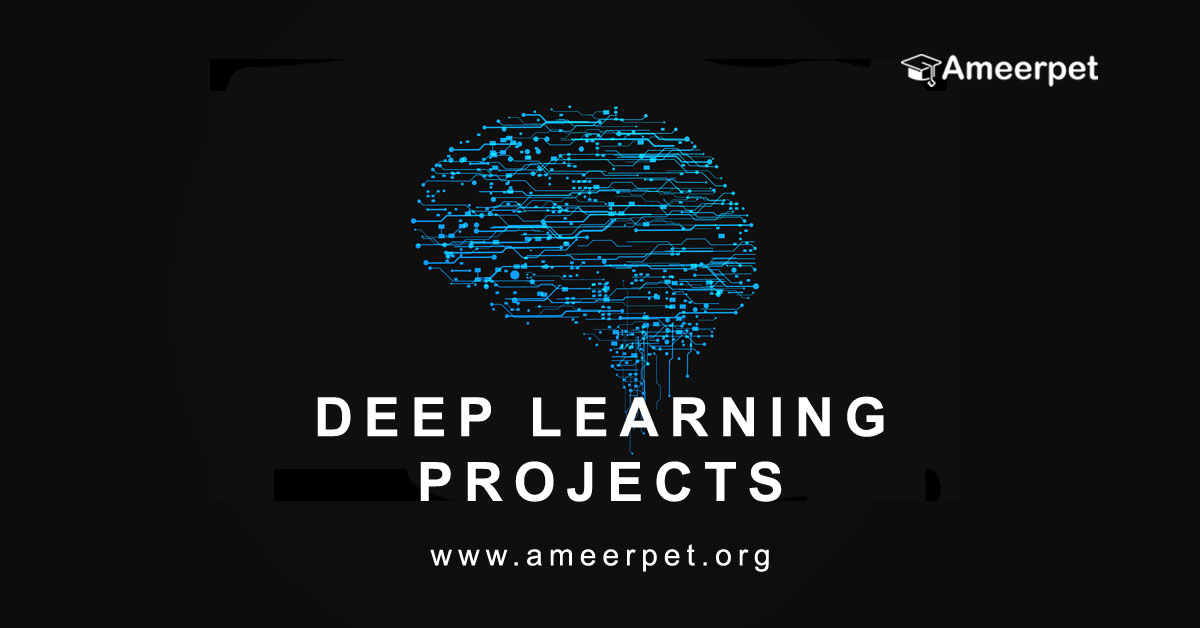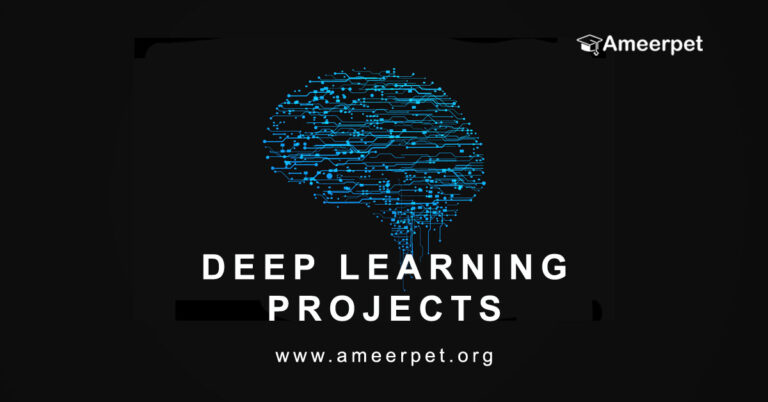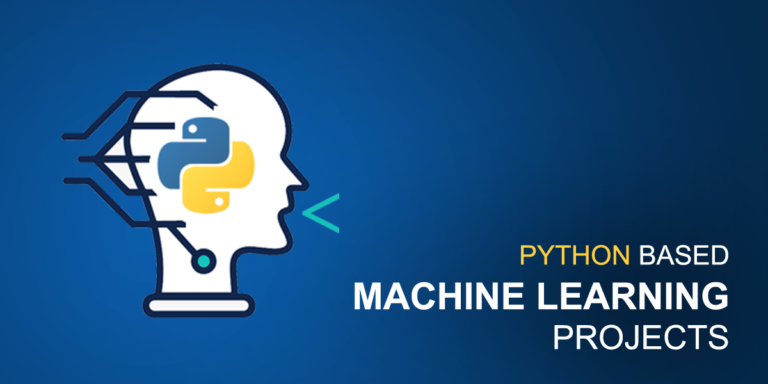
Abstract:
Due to its many real-world applications—evacuation situation analysis, intelligent transport system deployment, traffic operations—human trajectory forecasting has been a field of active research for decades. We model human trajectory forecasting as learning a representation of human social interactions. Domain knowledge guided early representations. However, crowd interactions are diverse and subtle. Deep learning methods, which use data to learn about human-human interactions, have outperformed handcrafted ones recently. This paper analyzes deep learning-based social interaction modeling methods. Two domain-knowledge-inspired data-driven methods capture social interactions. We develop TrajNet ++, a large-scale interaction-centric benchmark, to objectively compare these interaction-based forecasting models. We propose novel performance metrics that assess a model’s socially acceptable trajectory output. Our metrics are validated on TrajNet++, and our method outperforms competitive baselines on real-world and synthetic datasets.
Note: Please discuss with our team before submitting this abstract to the college. This Abstract or Synopsis varies based on student project requirements.
Did you like this final year project?
To download this project Code with thesis report and project training... Click Here


